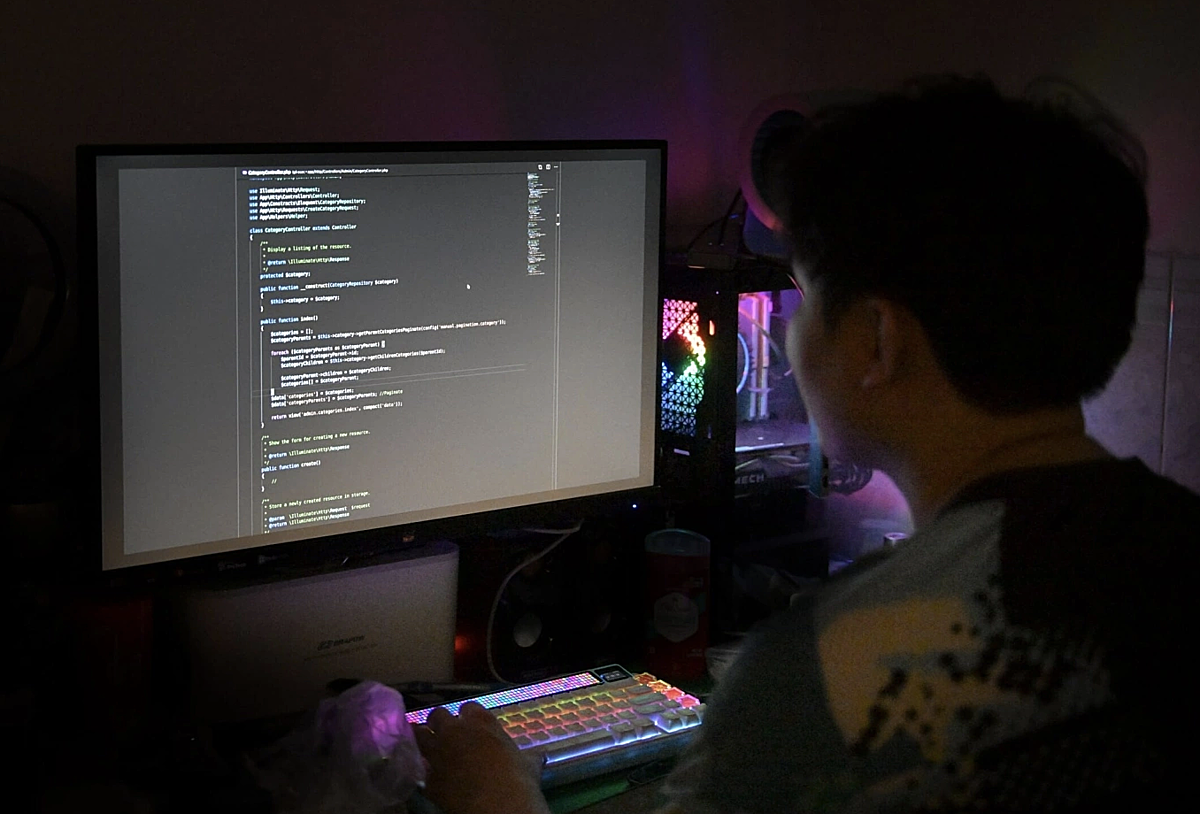A stroke is a dangerous, sudden event affecting the circulatory system, halting the supply of oxygen and nutrients to brain cells. It can lead to long-term disability or even death.
Studies show that up to 84% of strokes are linked to modifiable lifestyle factors. Some stem from workday habits, but what you do—or don't do—after work can also significantly impact your stroke risk.
Here are 4 nighttime habits experts recommend avoiding to reduce your stroke risk:
Eating late dinners. While a late dinner might be part of your routine, it can be harmful to your brain and cardiovascular health.
"Late-night eating can disrupt the body's natural circadian rhythm and negatively affect blood pressure and metabolism," says Michelle Routhenstein, a registered dietitian specializing in cardiovascular health. She adds that, over time, these disruptions can increase the risk of cardiovascular problems, including stroke.
Research has linked eating after 9 PM to a higher stroke risk compared to eating earlier. A similar increased risk is associated with eating breakfast late, suggesting that the timing of both your first and last meals plays a significant role in stroke risk.
Establishing an earlier eating routine, both morning and evening, can support your body's natural rhythms and help prevent strokes.
Lounging on the couch. After dinner, relaxing on the couch might be tempting, especially after a busy day. While rest is essential, excessive lounging at night can increase your stroke risk, especially if you've been sedentary all day and even if you're young.
Research has found that physically inactive individuals under 60 who spend over 8 hours daily watching TV, using a computer, or reading are 3.5 times more likely to experience a stroke than those who spend less leisure time on sedentary activities.
Even a small amount of activity can be beneficial. "A 20-minute walk after dinner can aid digestion and optimize blood sugar control," says Malhotra. This can help reduce the risk of prediabetes, diabetes, high blood pressure, and ultimately, heart disease and stroke.
If you're walking to reduce your stroke risk, picking up the pace can further enhance the benefits. According to a meta-analysis, increasing walking speed by one kilometer per hour reduces this risk by 13%.
 |
Staying up late to watch TV, scroll through your phone, or work may be doing more harm than good. Photo: Hoang Minh |
Enjoying a nightcap. If your evening relaxation routine includes a glass or two of wine, beer, or bourbon, you might be unknowingly increasing your stroke risk. While previous studies suggested moderate alcohol consumption could protect against stroke, recent evidence challenges this notion.
"Alcohol increases inflammation and causes cellular damage," says Dr. Troy Alexander-El. One of the largest international studies on stroke risk found that both moderate and high alcohol intake are linked to a higher risk of stroke.
Even having 5 or more drinks daily just once a month increases a person's risk. Therefore, swapping that nightcap for herbal tea or a mocktail can be a simple way to mitigate stroke risk.
Staying up late. Staying up late to watch TV, use your phone, or work may be doing more harm than good. "Sleep is a fundamental pillar of longevity and the most undervalued lifestyle habit," says Malhotra.
Research indicates that both too much and too little sleep can increase stroke risk, with oversleeping being even more detrimental than insufficient sleep. A meta-analysis revealed that those sleeping 5 hours or less nightly have a 33% higher stroke risk. This percentage jumps to 71% for those sleeping 8 hours or more.
Since both too little and too much sleep are problematic, aiming for 8 hours of sleep per night is a good target. Maintaining a consistent sleep schedule, even on weekends, can also be helpful, says Malhotra.
My Y (According to Eating Well)












